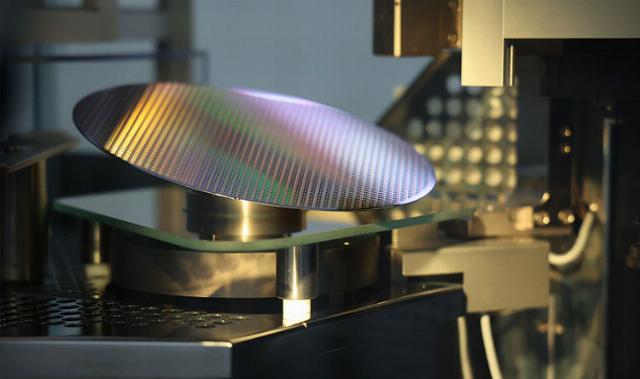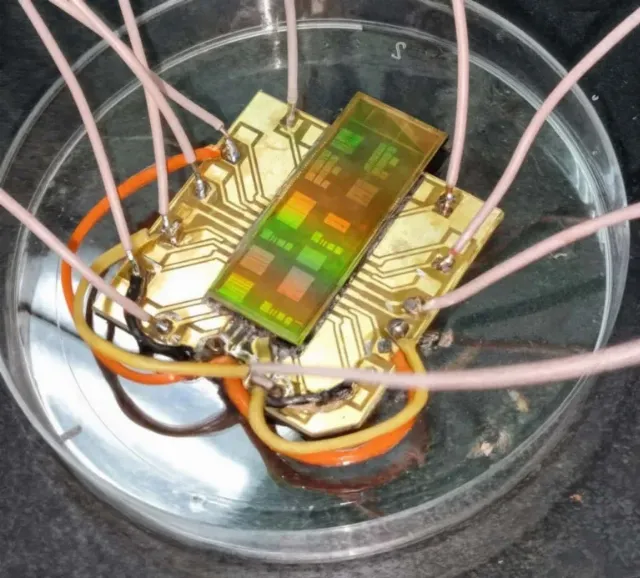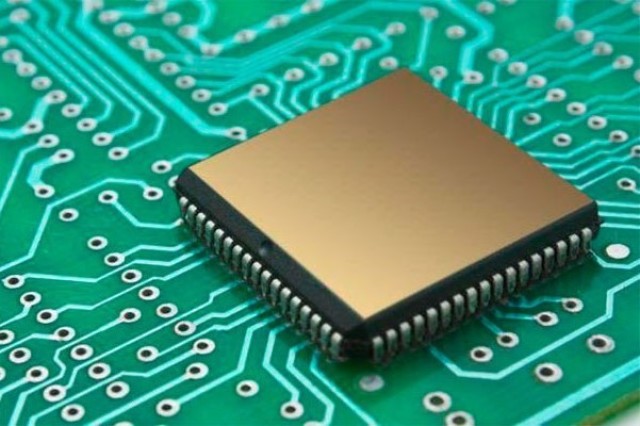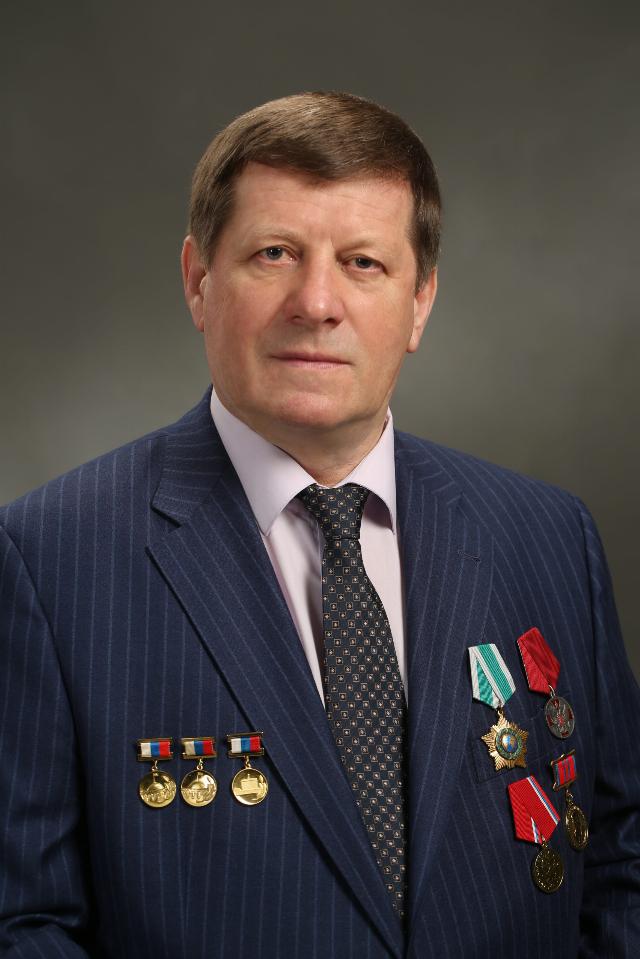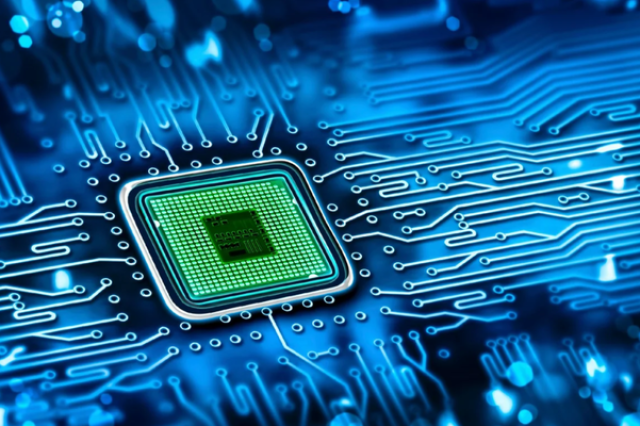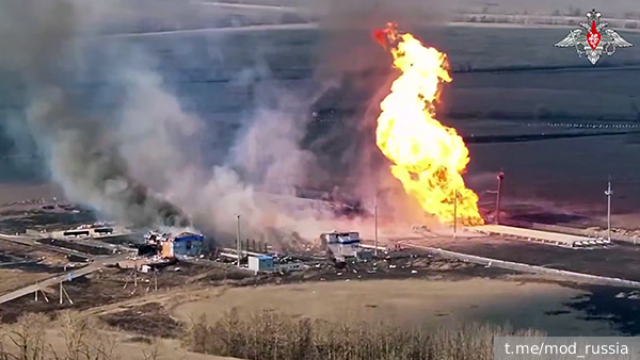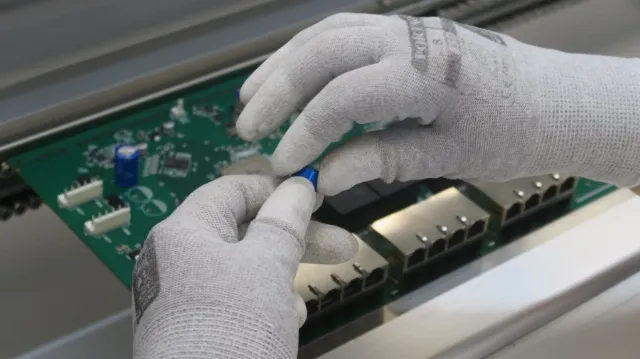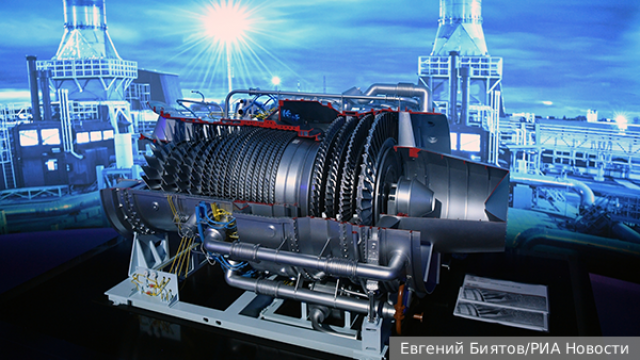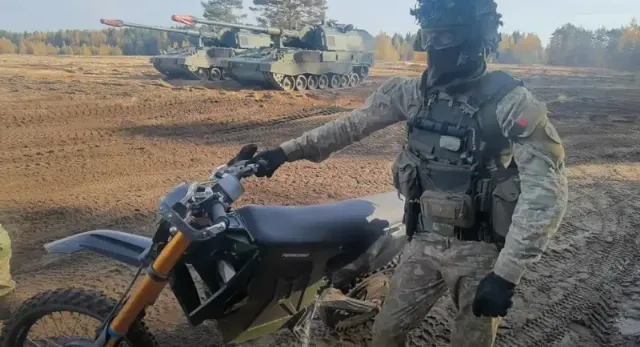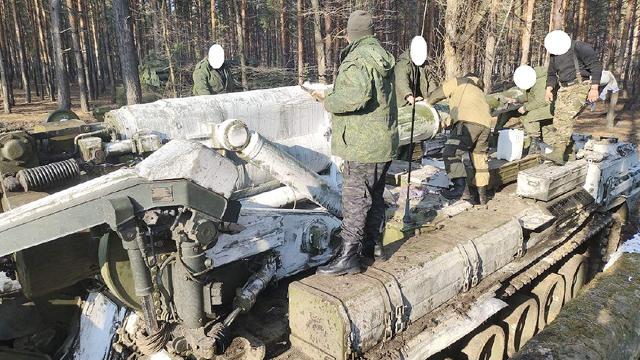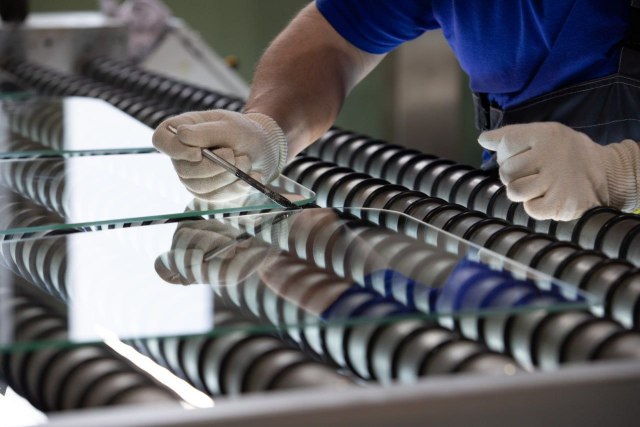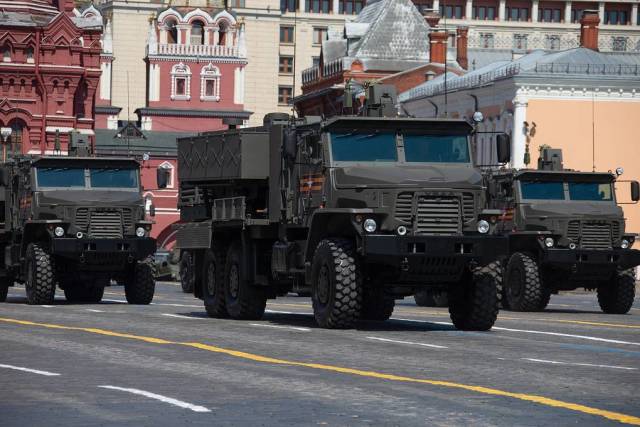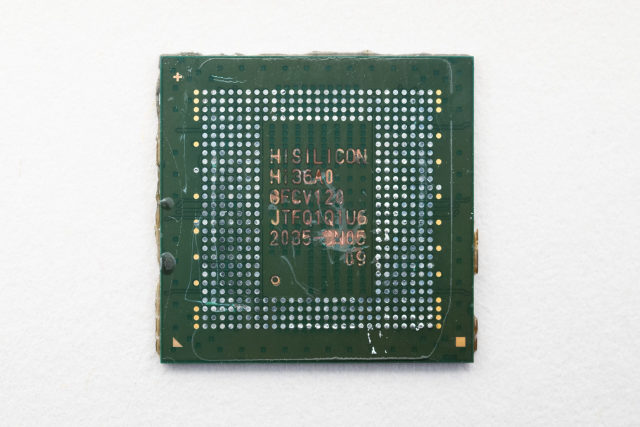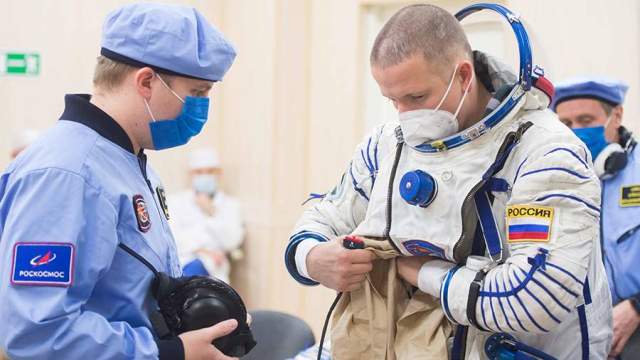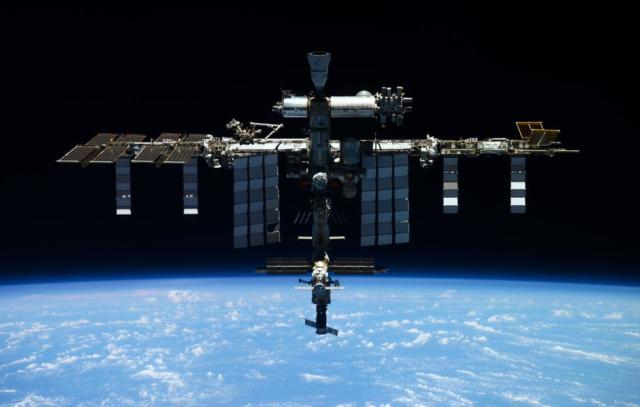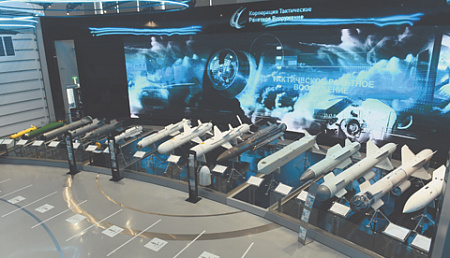Nanotechnology news
The Russian 350nm photolithograph was estimated at 500 million rubles.
The price of a lithograph with topological standards of 350 nm from the manufacturer ZNTZ has become known. With an additional guarantee, it exceeds 500 million rubles. Experts agree that this is a good price to pay for technological sovereignty.
Bright heads and skillful hands. How inventions are created in Russia
There are specific people behind the strengthening of Russia's technological sovereignty – inventors who create their own Russian developments. How and why did they start inventing? Is it possible to make money from this? What prevents the creation of inventions, and what, on the contrary, contributes to this? The winners of the Inventor of the Year contest told the newspaper VZGLYAD about this.
Novosibirsk has imported a 257nm UV laser for printing microchips
A unique ultraviolet laser has been created in Russia for the production of microchips. It is a substitute for the American Coherent laser.
There is only one difficulty – to ensure the technological independence of Russian microelectronics
Interview with Nikolai Ivanovich Shelepin, Doctor of Technical Sciences, Head of the scientific department of Microelectronics, Institute of Nanotechnology of Microelectronics of the Russian Academy of Sciences, in the yearbook "Living Electronics of Russia 2025"
Printing chips on a 3D printer is 9 times cheaper and threatens the collapse of traditional microelectronics.
Atum Works, a small startup, promises a revolution in the creation of microchips. He intends to print them on a special 3D printer and thereby reduce their cost by 90% compared to current technologies. This can have a significant impact on the business of both contract semiconductor manufacturers themselves and those who supply them with equipment, such as ASML's business.
How France is launching Ukrainian attacks
The Russian gas measuring station "Sudzha" was destroyed by Ukraine with the specific military assistance of the West, namely France. It was the French satellite systems that guided and targeted the missiles that carried out this strike. Thus, France, instead of the United States, becomes the main assistant of the Armed Forces of Ukraine from outer space. How do French military satellites work?
Market participants questioned the authenticity of the Russian lithograph
Micron JSC announced the completion of the development of a photolithograph with 350 nm standards. Experts doubt that the equipment can be called completely Russian
The development of the 350 nm photolithograph has been completed, and Micron participated in the state commission for its acceptance, Micron JSC told Mashnews on March 12. The photolithograph was created in collaboration between Micron and the Zelenograd Nanotechnology Center. They signed an agreement on this in the fall of 2024.
"Most of the Russian Federation is within reach." The United States intends to transfer JASSM missiles to Kiev
Reuters: The United States may send long-range JASSM missiles to Kiev in the fall
The United States is close to an agreement on the transfer of AGM-158 JASSM (Joint Air-to-Surface Standoff Missile) air-to-surface missiles to Ukraine. This is reported by the Reuters news agency. Most likely, an F-16 fighter jet will be used as a carrier for the product. What is known about the JASSM missiles, what they are for Ukraine and what means of air defense the Russian military will be able to shoot them down - in the material of the military observer "Gazeta.En" by Mikhail Khodarenka.
In Russia, solar panels have been improved due to special nanoparticles
Specialists of the St. Petersburg University of LETI, as well as the FTI named afterIoffe and NMIC im.Almazova, successfully synthesized special nanoparticles and introduced them into solar panels, which significantly increased the durability of the panels.
Critical dependence on Western turbines has been overcome
Russia has overcome its critical dependence on Western gas turbines
Russia has overcome its dependence on high-power gas turbines from Siemens and General Electric, Rostec CEO Sergey Chemezov said. And Russia, unlike Iran, did it thanks to its own brains and technology. The first production turbine will be installed at a power plant on the Taman Peninsula. How did Russia end up in such a critical dependence on Western turbines?
"Widely used in Ukraine": Spanish expert predicts the future of electric military equipment
Due to the transition of civilian transport to electric propulsion in Western countries, a similar trend has emerged in the segment of combat vehicles. At the same time, many analysts question the rationality of attempts to "electrify" the troops. Spanish expert Juan Carlos Andres Herrero disagrees with them, who voiced his thoughts on the pages of the Infodefensa publication.
Apparently, they are invisible: Russian armored vehicles will become invisible to thermal imagers
A new material for masking tanks, self-propelled guns and other types of weapons was tested in the area of the SVO
Russian scientists have created a thermal insulation coating "Teplosphere" based on polyurethane — it makes it difficult to detect military equipment using thermal imagers, the Center for NTI "Digital Materials Science" told Izvestia. Field tests conducted in the SVO zone have shown the effectiveness of this method of camouflage. Kamikaze drones with thermal imagers are a big problem for armored vehicles, and creating protection against their attack can have a noticeable effect, experts explained.
Science news from Obninsk
Rostec's enterprise, the Obninsk Scientific and Production Enterprise "Technologiya" named after A.G. Romashin, also contributes to the scientific glory of Obninsk, the first science city of modern Russia. Hundreds of technologies for the production of products made of glassy and composite materials for aerospace and other equipment, including the famous Buran spacecraft, were created here.
From "Shaitan-pipes" to "dad of all bombs": thermobaric ammunition of the Russian army
The Armed Forces of the Russian Federation have successfully used the latest heavy flamethrower system TOS-2 "Tosochka" in the special operation zone, hitting a cluster of enemy infantry with a thermobaric projectile of increased range. About Russian thermobaric and volumetric detonating ammunition - in the material of TASS.
China has achieved a breakthrough in the production of modern chips
Huawei and China's leading chipmaker SMIC have created an advanced 7-nanometer processor for their newest smartphone, a sign that Beijing has made great progress in a nationwide effort to circumvent U.S. efforts to curb its technological development.
Russia will create a new design of self-healing material for spacesuits
The Keldysh Center has moved to the development of cellular material instead of layered, said the general director of the enterprise Vladimir Koshlakov
The Keldysh Center (a developer of the material, part of Roscosmos) will create a new design of self-healing material that will be used in Russian spacesuits. This was reported to TASS by the general director of the enterprise Vladimir Koshlakov.
The experiment with self-healing material on the ISS will take place in two stages
Vladimir Koshlakov, General Director of the M. V. Keldysh Center, said that work on the preparation of the experiment is being carried out jointly with the Yuri Gagarin Cosmonaut Training Center
Tests of self-healing material on board the International Space Station (ISS) will take place in two stages. This was reported to TASS by Vladimir Koshlakov, General Director of the M. V. Keldysh Center (developer of the material, part of Roscosmos).
The International Military-Technical Forum "Army-2023" begins its work in the Patriot Shopping Center
The Ministry of Defense of the Russian Federation plans to conclude contracts totaling more than 433 billion rubles at the International Military-Technical Forum "Army-2023", which will be held on August 14-20 at the Patriot Exhibition Center.
Flying over the crests of the waves
Tactical Missile Armament Corporation at the Army-2023 Forum
The International Military-Technical Forum "Army-2023" will work in the difficult conditions of Russia's special military operation in Ukraine. But this will not affect the number of events that will take place in the period from August 14 to August 20 at the Patriot Convention and Exhibition Center, at the Alabino training ground and Kubinka airfield.

